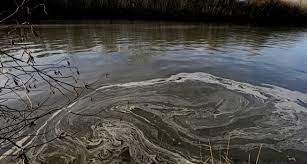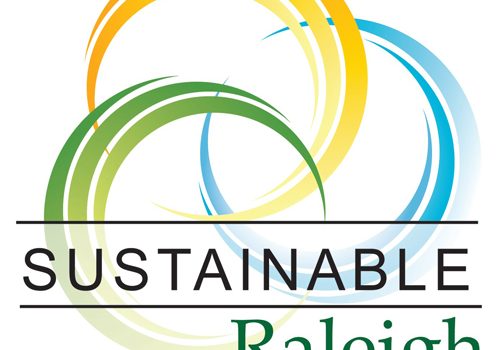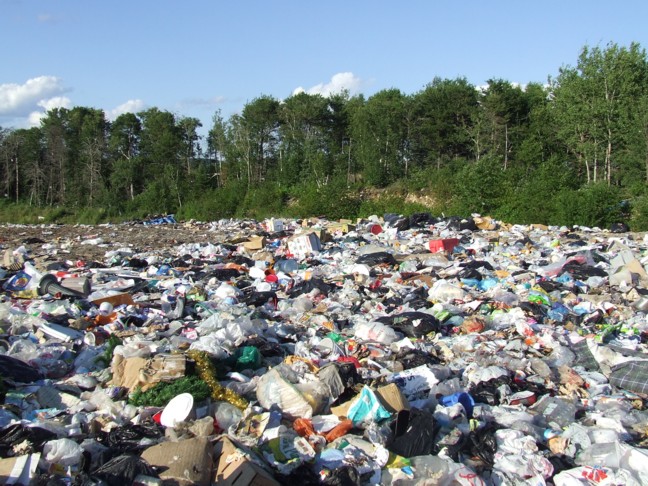Pollution In NC
Pollutions In NC
The soil, air, and water of North Carolina are all at risk because of the state’s high ranking in a particular area.
North Carolina has more tons of manure every acre of farmland than any other state due to the rise of intensive hog, chicken, or turkey operations.
Most of our meat originates from chickens, cows, and hogs that were bred in a different way than they are today.
A few pigs, poultry, or cows were raised by various family farms in the past. When a poultry farm raises 100,000 chickens or more at a time, the waste generated by the animals is enormous.
Cattle and pigs are reared in very much the same way: in large numbers, in cramped barns, and with an abundance of waste that cannot be securely managed. During the decade ending in 2007, hog activities inside the coastal plain rose by more than 45 percent. An unlined cesspool holds the nearly 10 billion gallons of hog excrement annually, which is then sprayed on fields.
Farmers utilized cattle excrement as fertilizer centuries ago. However, the waste generated by these large-scale meat processing plants exceeds the capacity of the surrounding agriculture to absorb it. See Also Is North Carolina One Of The States With A Lot Of Pollution?
More than 9 million pigs, 776,000 cattle, over 161 million broiler chickens, and 16 million turkeys currently call North Carolina home. The combined manure output of these animals is around 147.5 million pounds per day. This dung has a nitrogen content of 1.24 million pounds and a phosphorus content of 434,000 pounds.
The trash from chicken and turkey farms in North Carolina is piled high, leaving them vulnerable to rainstorms and causing fish kills if the contents are allowed to wash into neighboring rivers.
In the coastal plain, where most of the state’s hog farms are located, the soil is very permeable and the water table is high. The amount of phosphorus sprayed on the land is frequently greater than what is required for plant growth. Our creeks, streams, and rivers’ dead zones are exacerbated by runoff from spray fields that are overburdened with garbage.
The environmental and health impacts of existing industrial meat operations, and how much we can do about them, are summarized in these three points:
US Geological Survey

US Geological Survey and North Carolina’s Department of Environmental Quality conducted a joint research and discovered that watersheds with industrial pig and poultry farms had greater pollution levels than watersheds without such farms.
Especially grave is the issue of water pollution from hog manure cesspools. Approximately thirty-three hog waste cesspools were destroyed by Hurricane Florence in 2018 and waste was discharged into local waterways. When Hurricane Floyd made landfall in 1999, 26 hog-cages exploded, 45 others were damaged, and at least 30,000 of the animals drowned.
Consequently, the 100- and 500-year floodplains should not be used for hog operations. Increasingly frequent and strong storms put these areas at risk.
In the United States, animal farming is the primary source of ammonia emissions. Over 10 tons of ammonia were emitted from only two poultry houses in western Kentucky in the year they were studied by Iowa State University. Fish deaths and dead zones in streams are caused in part by ammonia, a gaseous form of nitrogen. Health implications are also a concern. Asthma has been linked to long-term exposure to ammonia.
Waterkeeper Alliance has long campaigned for requiring industrial animal enterprises to report these dangerous emissions as a solution.
Because of the waste management system in industrial swine or poultry enterprises, the soil is oversaturated with phosphorus.
For the first time last year, the state mandated hog businesses to monitor soil phosphorus levels and halt spraying dung on a field when there is a high danger of phosphorus pollution response to pressure from environmental organizations including Waterkeeper Alliance and North Carolina riverkeepers.
The agriculture trade association for North Carolina, the North Carolina Farm Bureau, is challenging this new rule. Excessive phosphorus leads to algal blooms, thus it’s critical to maintain the requisite level for water quality. We must preserve it if we are to protect and promote the health of our waterways.





